Windows 7 vs Windows 10 on Old PCs: What to Expect
Let's take a quick look at Windows 7 and 10 comparisons
3 min. read
Updated on
Read our disclosure page to find out how can you help Windows Report sustain the editorial team. Read more
Key notes
- Sometimes, a newer OS means higher system requirements and old PCs can't always handle it.
- Make sure your PC or laptop meets Windows 10 demands before updating your operating system.
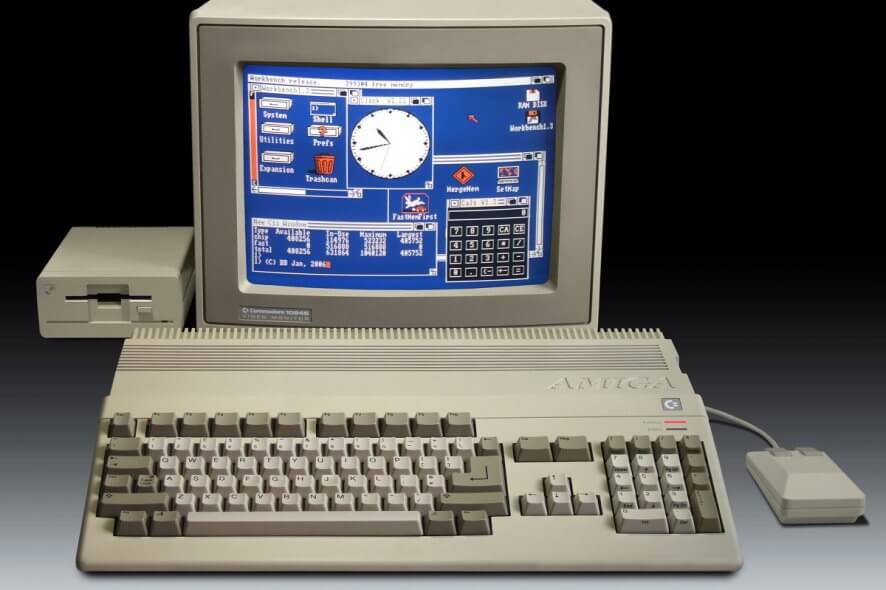
Windows users are probably already aware that Windows 7 is at the end of its life. Thus, they are forced to either get Extended Support for Business or upgrade to Windows 10.
However, a newer OS means that many users are concerned about their hardware. While Windows 10 has been around for some time now, those that have very old PCs or laptops are wondering whether or not they can handle Windows 10.
In theory, a newer OS always comes with higher system requirements, which leads some to eventually change the hardware for the sake of the software.
However, this doesn’t seem to be the case with Windows 10, as you will see in the article below.
What OS is better for my low-end PC?
First of all, you need to define what exactly “low-end” PC means. If you are talking about a PC that is more than 10 years old, more or less from the Windows XP era, then staying with Windows 7 is your best bet.
However, if your PC or laptop is new enough to meet Windows 10’s system requirements, then the best bet is Windows 10.
Tests revealed that the two Operating Systems behave more or less the same. The only exceptions were the loading, booting, and shutdown times, where Windows 10 proved to be faster.
On the flip side, you need to understand that if your hardware is too old, the drivers that come with it may not be compatible with Windows 10.
If that is the case, Windows 10 will simply replace the missing drivers with generic ones developed by Microsoft. While they may not be the best choice out there, they are better than having no drivers at all.
More so, take into consideration that Windows 10 has been proven to handle updates much more efficiently and faster. If that doesn’t convince you, keep in mind that even with Extended Support you will still have to upgrade to Windows 10 at some point.
Technology is evolving, and we as users need to evolve alongside it. This includes upgrading our hardware and software.
However, if circumstances force you to remain with older hardware for longer periods of time, going from Windows 7 to Windows 10 is a safe bet. Speaking of safe, the improved security features alone should be enough of an incentive to upgrade.
Do you prefer Windows 7 or Windows 10 or your older hardware? Let us know in the comment section below.
RELATED ARTICLES YOU SHOULD CHECK OUT:

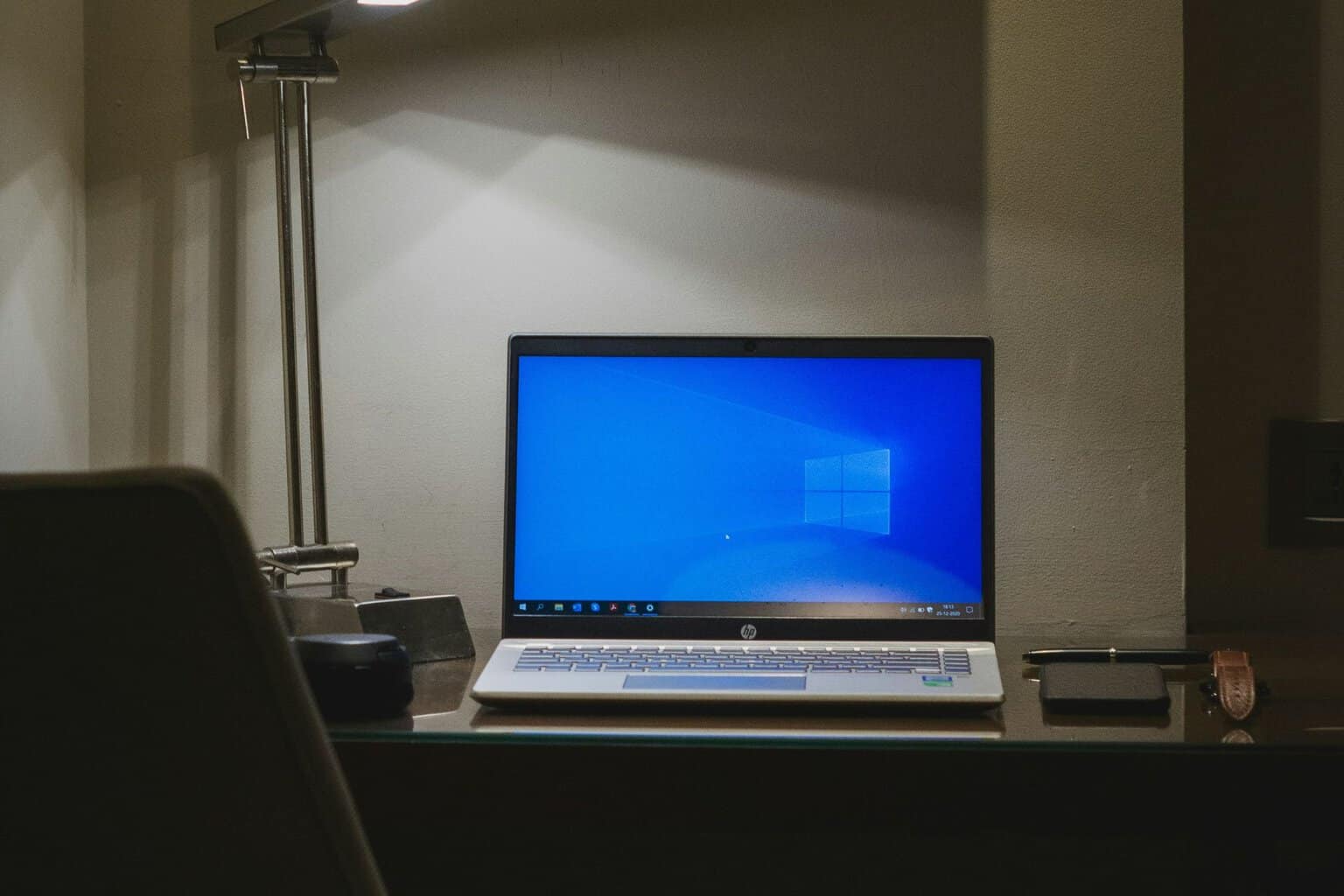

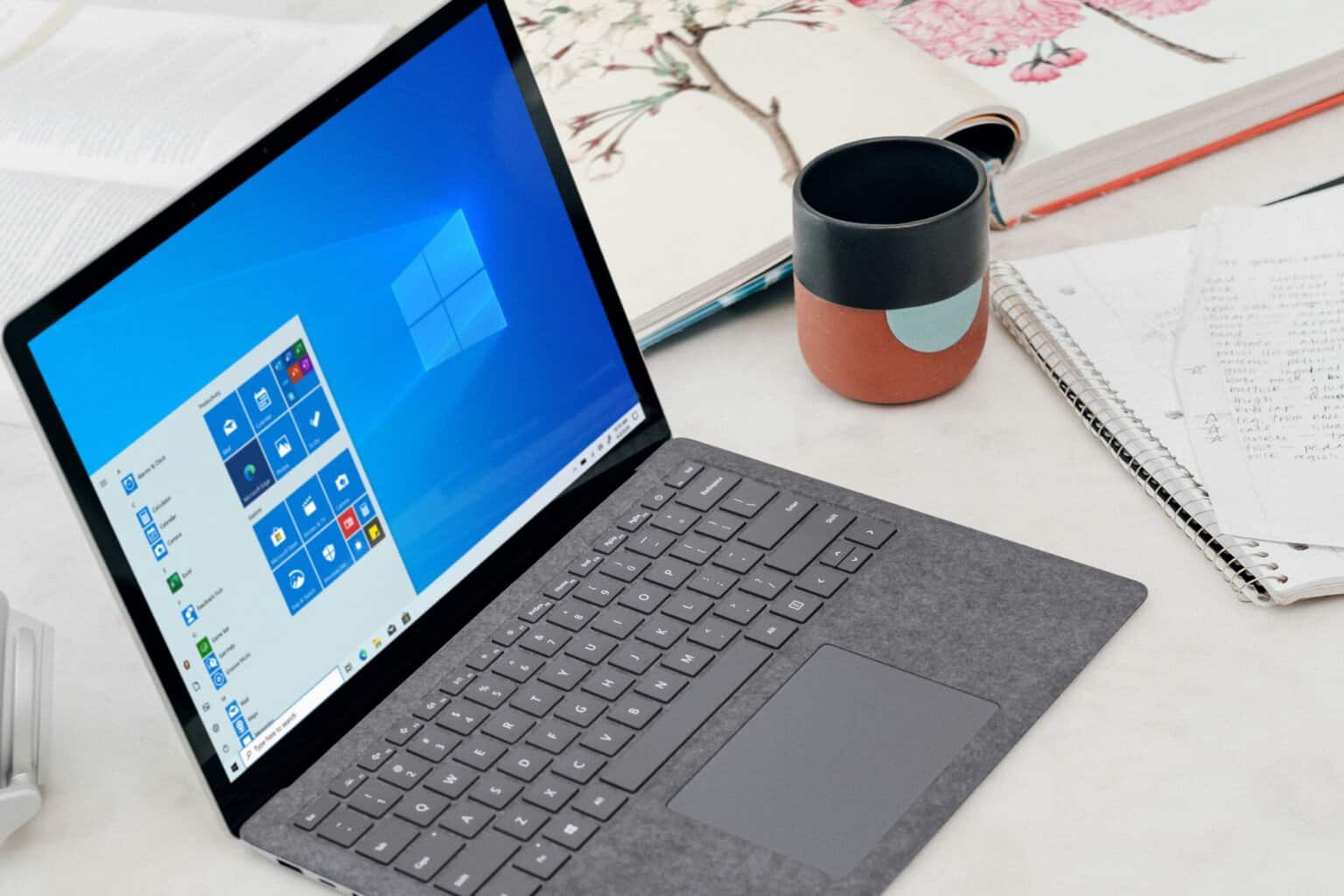
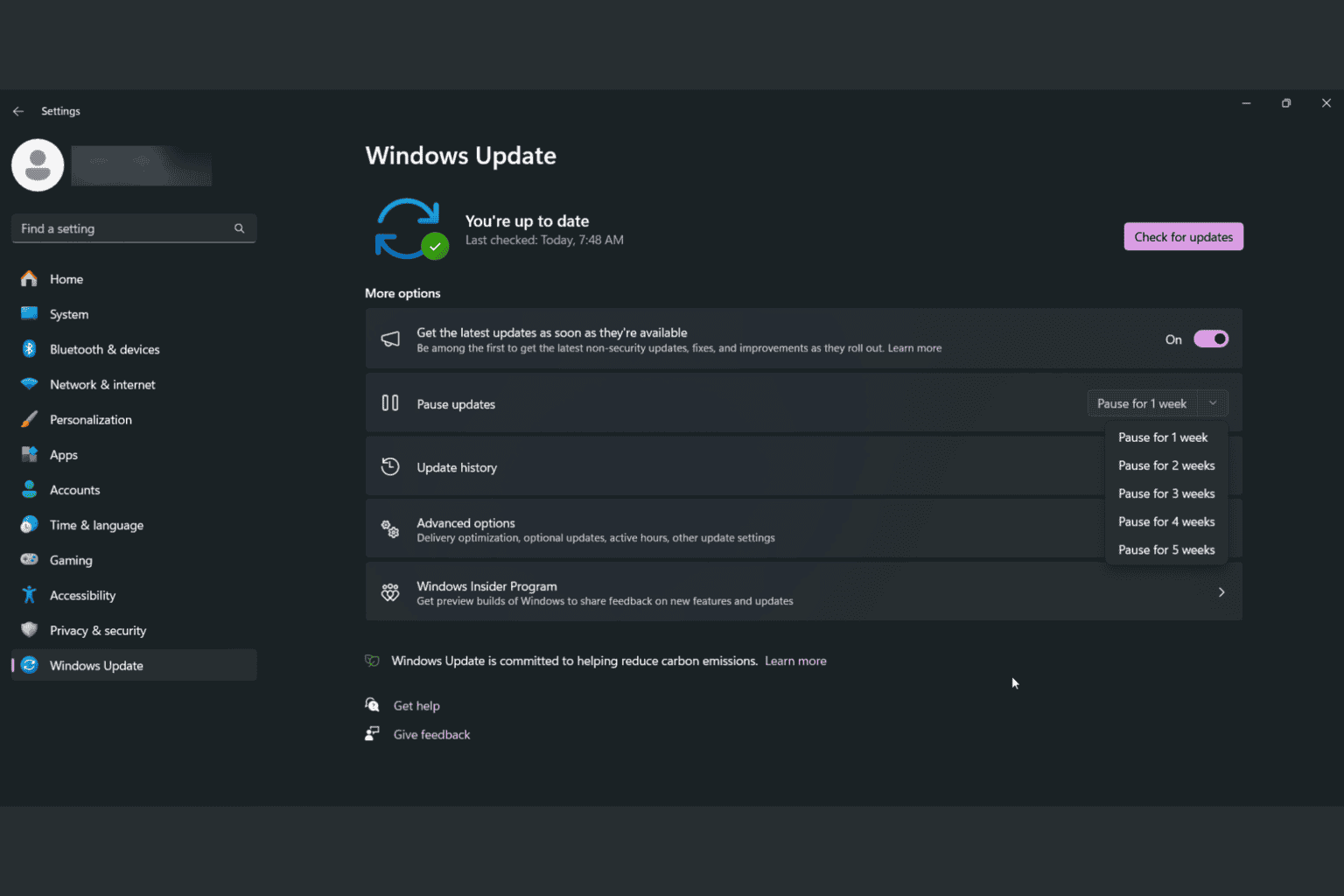
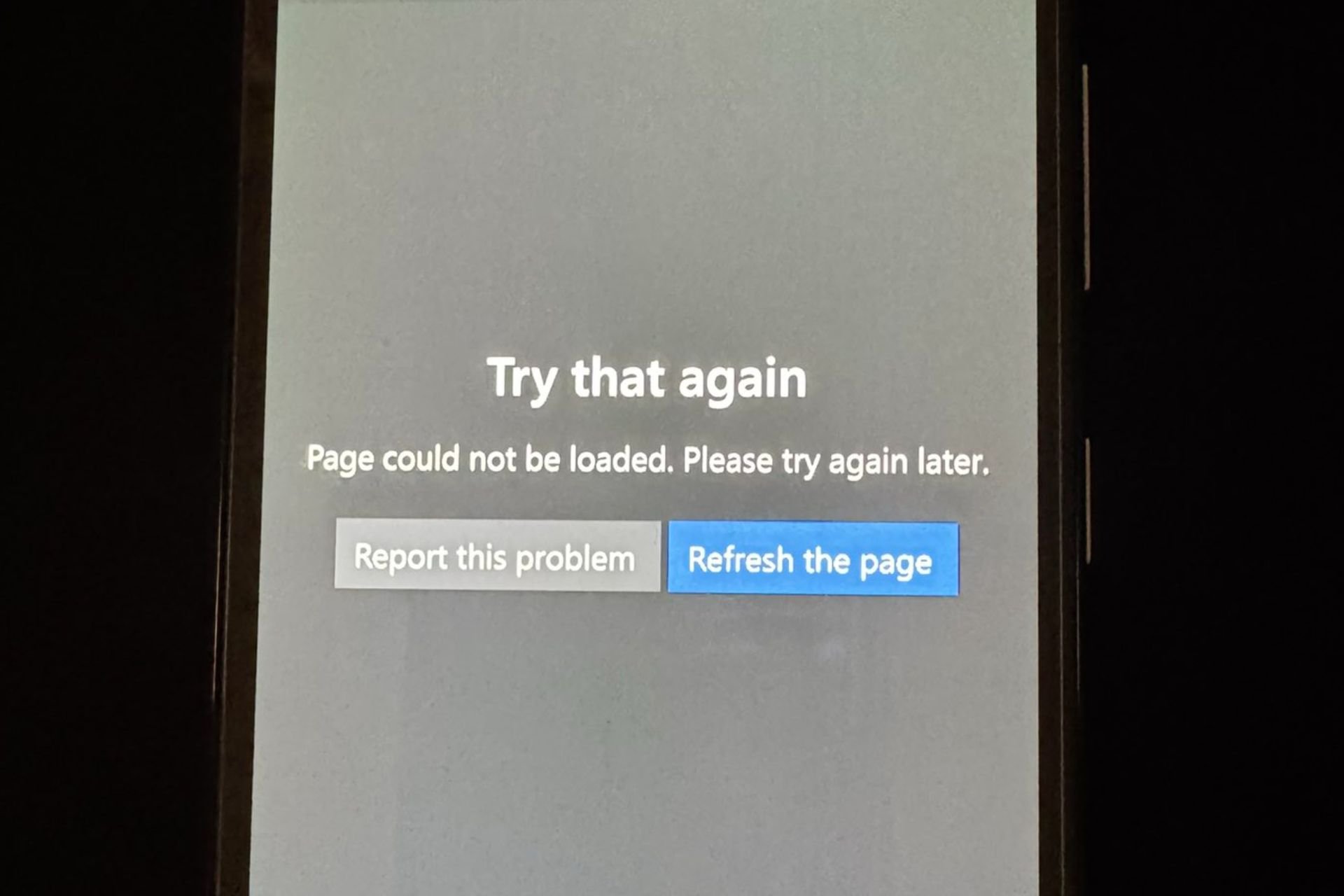
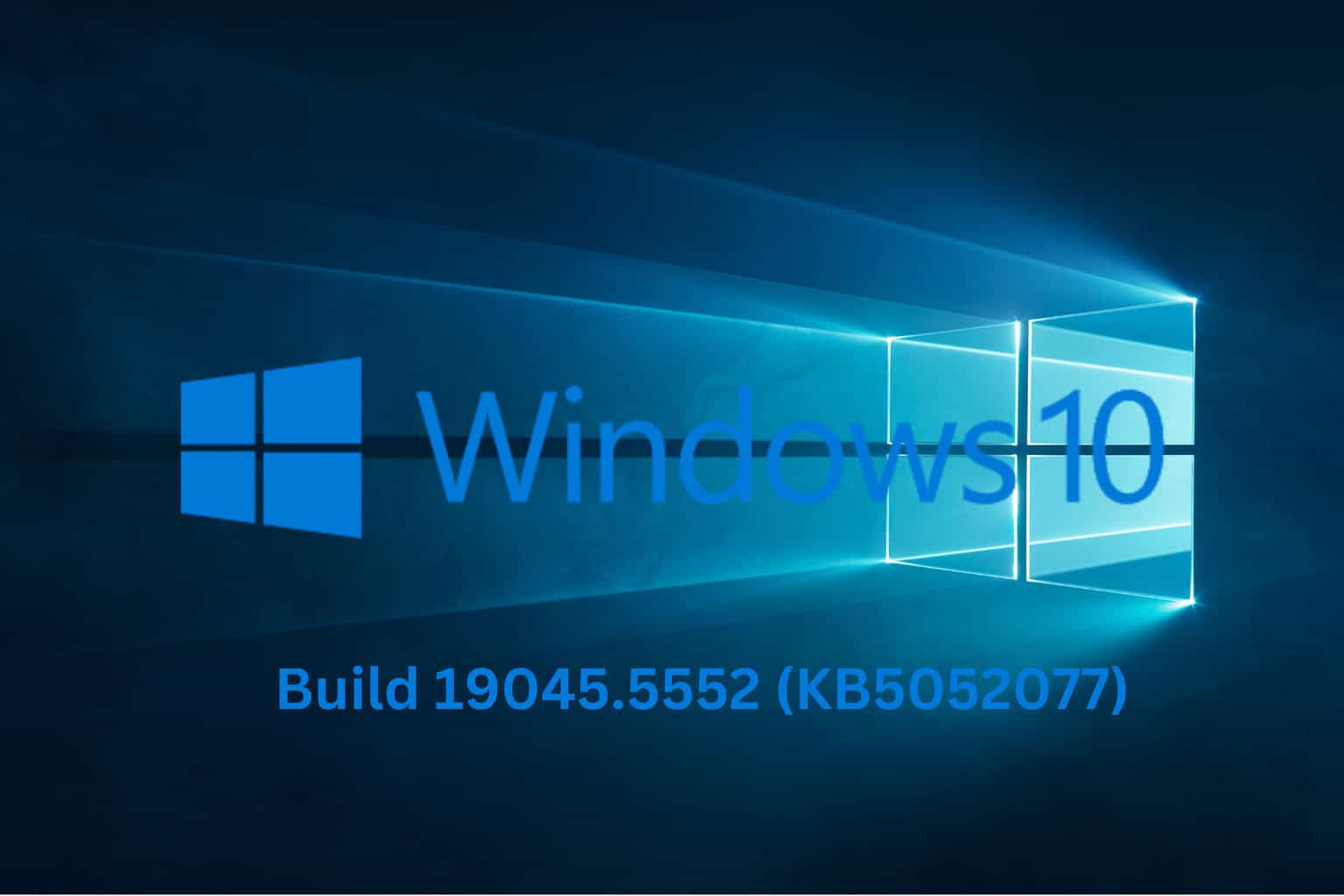
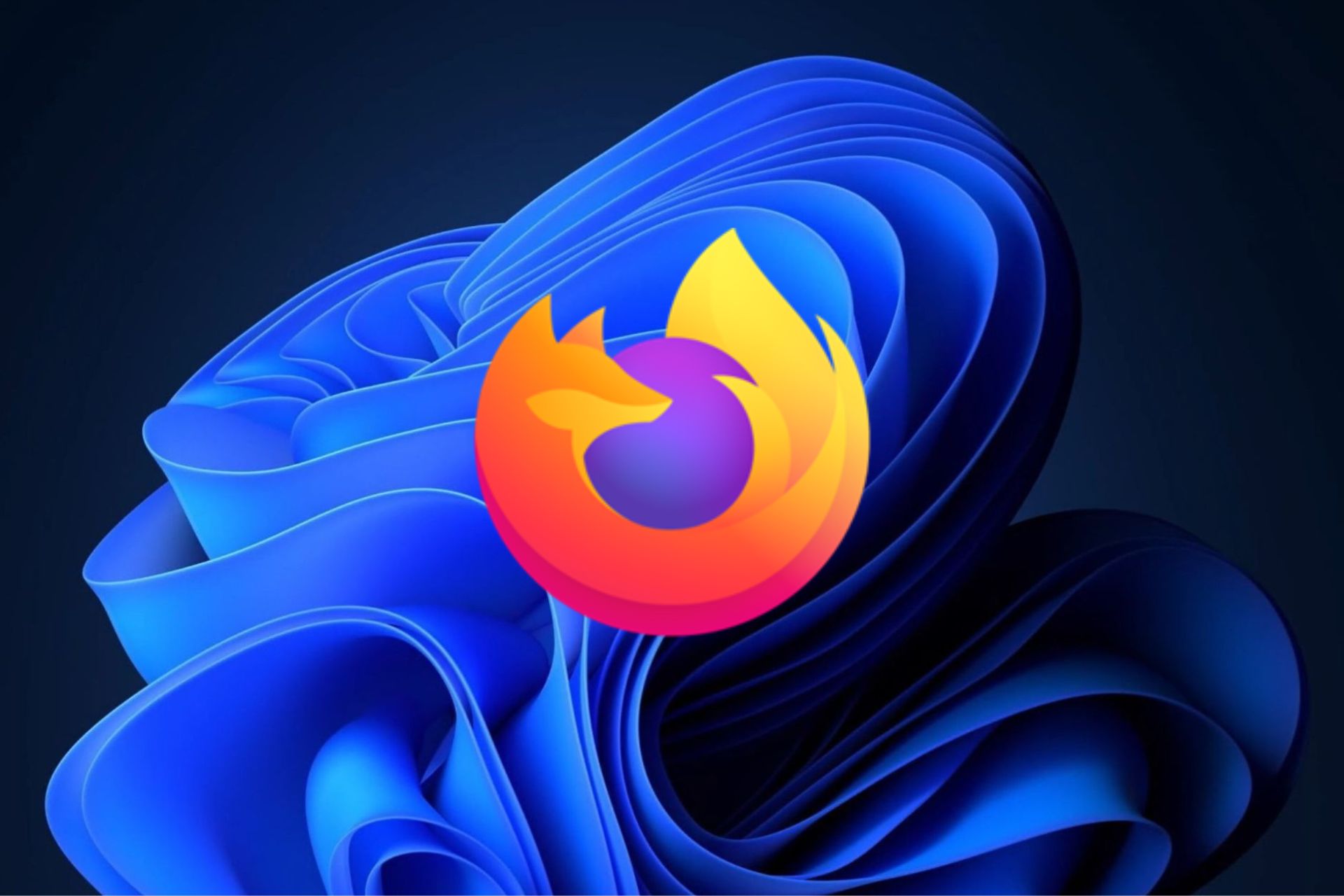
User forum
0 messages